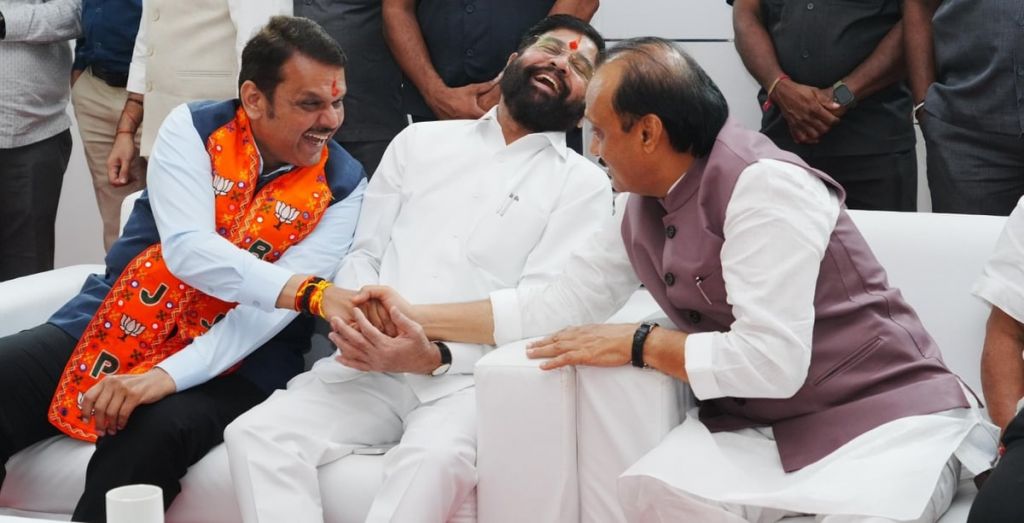
State governments, when drowning in debt, have no option but to tweak the excise policy on sin goods like cigarettes and liguor. Maharashtra may be no exception to the norm.
With its income sources already stretched thin, the cash-strapped Mahayuti government has decided to pop open a bottle of opportunity—appointing a five-member committee to explore liquor production and sales as a new revenue stream.
The committee, chaired by the additional secretary for the housing department, Appoints Committee to Study Liquor Policies for Revenue e Generation brings together a medley of bureaucrats: the additional chief secretaries from finance and state excise, the commissioner of state GST, and the member secretary, the state excise commissioner.
Together, they'll be tasked with reviewing policies on liquor production, sales licenses, excise duties, and, crucially, revenue-maximizing practices adopted by other states, Expect a menu of recommendations on how to spice up state coffers. The committee’s. main course? A proposal already served up by the state excise commissioner, aimed at increasing annual income through liquor production and sales.
The plan? Crack down on illegal liquor sales and serve up more licenses for retail outlets. If this proposal is uncorked, it could boost the state’s revenue while also tidying up the department’ existing operations. ‘Why the sudden thirst for extra revenue, you ask? Blame the evergrowing list of populist promises made ahead of the state elections, which now need to be fulfilled. Take the Ladki Bahin scheme, for example—it demands a whopping Rs 46,000 crore annually.
Add to that loan waivers for farmers and covering electricity bills for agriculture pump sets, and you've got a recipe for fiscal trouble. To top it off, the state needs an extra Rs 600 crore to hike the Ladki Bahin disbursement from Rs 1,500 to Rs 2,100. Then there's the debt. With loans soon expected to touch Rs 8 lakh crore, the state needs a sugar rush of revenue to keep things running smoothly. Aside from GST, Maharashtra relies heavily on VAT from petrol and diesel, stamp duties, vehicle taxes, and—of course—excise revenues. And so, the state is eyeing liquor sales as a cash cow.
But here's the rub: the state’s current policy freezes the number of retail liquor licenses, a decision made back in 1974. With Maharashtra's population growing and new urban areas cropping up, the demand for wine shops and country liquor outlets is higher than ever. The state excise department believes it’s high time to revisit this policy. Currently, there are 1,720 licenses for Indian Made Foreign Liquor (IMFL) and 4,346 for country liquor, not including those granted to restaurants with permit rooms. As population booms and urbanization spreads, the excise department is suggesting that the state loosen its grip on liquor licenses and let more outlets sprout up, bringing in fresh revenue while reducing the black market’s grip.
So, is the state taking the path of least resistance, or is it simply opening a new bottle of opportunity? Only time (and the committee’s recommendations) will tell—but it seems like Maharashtra is preparing to raise a glass to new ways of keeping the state's finances in the black.